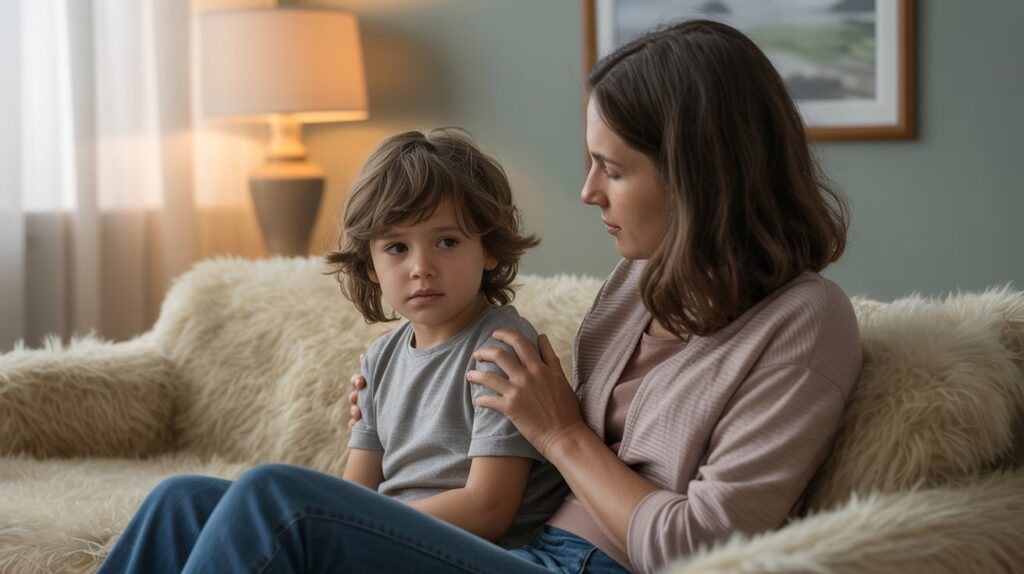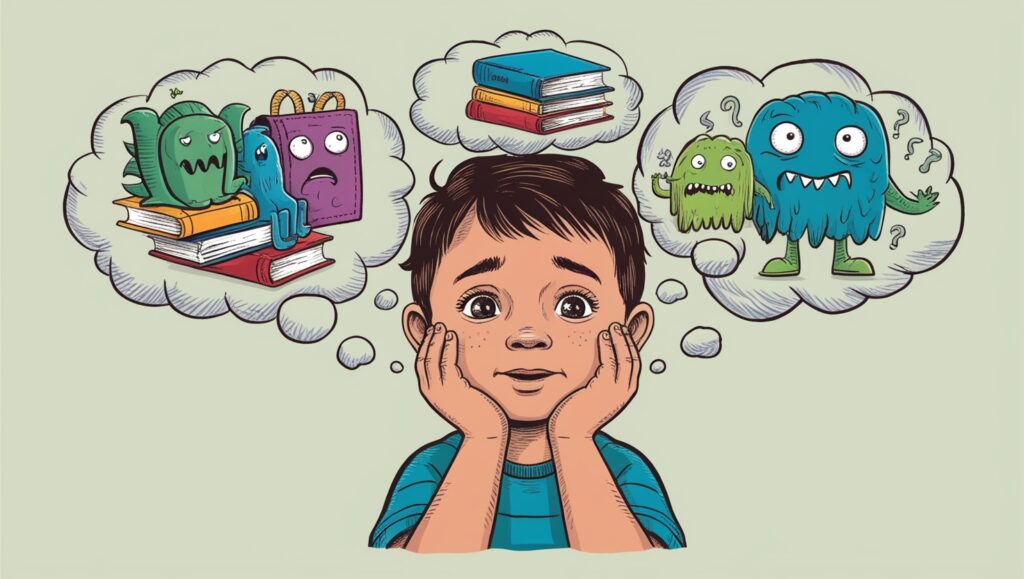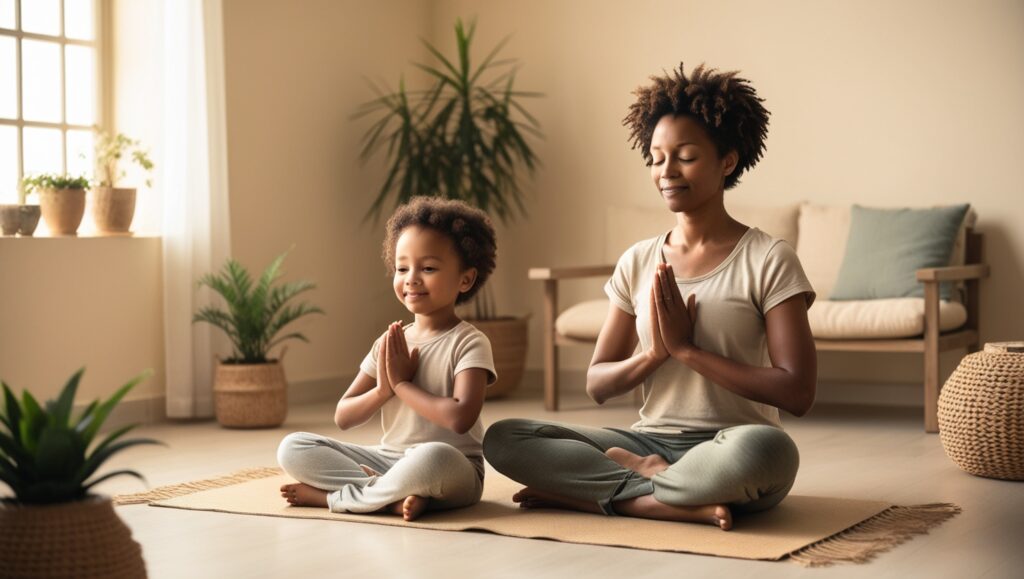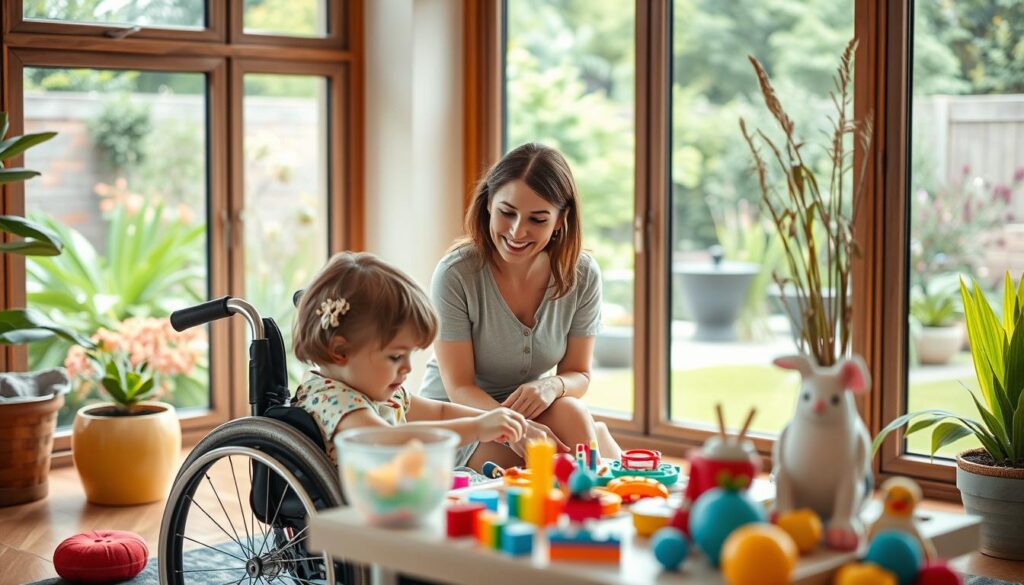
As parents, we all want our children to feel safe, happy, and confident. But sometimes, we notice things that make us worry: a child who cries before school, avoids certain places, or asks “what if?” over and over again. These might be signs of anxiety — and if you’re seeing them, you’re not alone.
Many children experience anxiety, especially as they grow and face new situations. The good news? With understanding, support, and a few simple tools, you can help your child manage those big feelings.
How Does Anxiety Show Up in Children?

Anxiety in kids doesn’t always look the way we expect. Here are a few common signs to watch for:
- Trouble sleeping or frequent nightmares
- Complaints about stomachaches or headaches
- Clinginess or not wanting to be away from you
- Avoiding school or social situations
- Getting easily frustrated or overwhelmed
If you’ve noticed these things happening more often, your child might be feeling anxious — even if they can’t say it out loud.
What Causes Anxiety in Kids?
There’s no single reason. Sometimes it’s something big, like a move or a family change. Other times, it’s more subtle — like school pressure, friendships, or even just having a sensitive personality. What matters most is not why, but how we respond.
What You Can Do as a Parent

Here are a few gentle ways to support your child:
🧡 Be a calm, safe space
Let your child know you’re there, no matter what. You don’t need to “fix” their feelings — just listening and being present helps more than you think.
🌬️ Practice breathing together
Deep, slow breaths can help calm an anxious mind. Try doing it like blowing bubbles or smelling a flower. Make it playful!
🗣️ Talk about feelings — and name them
When a child can say “I’m nervous” instead of just crying or acting out, it gives them power. Help them find the words.
🐢 Take small steps
If something feels scary — like speaking in class or going to a birthday party — break it down. Small victories build big confidence.
🌱 Model it yourself
When you’re stressed, show your child how you handle it. “I’m feeling overwhelmed, so I’m going to take a few deep breaths.” They learn by watching you.
When Should You Get Extra Help?
If anxiety is getting in the way of daily life — school, sleep, friendships — it may be time to speak with a therapist. And that’s okay. Getting help doesn’t mean something is “wrong”; it means you’re taking the first step toward healing.



